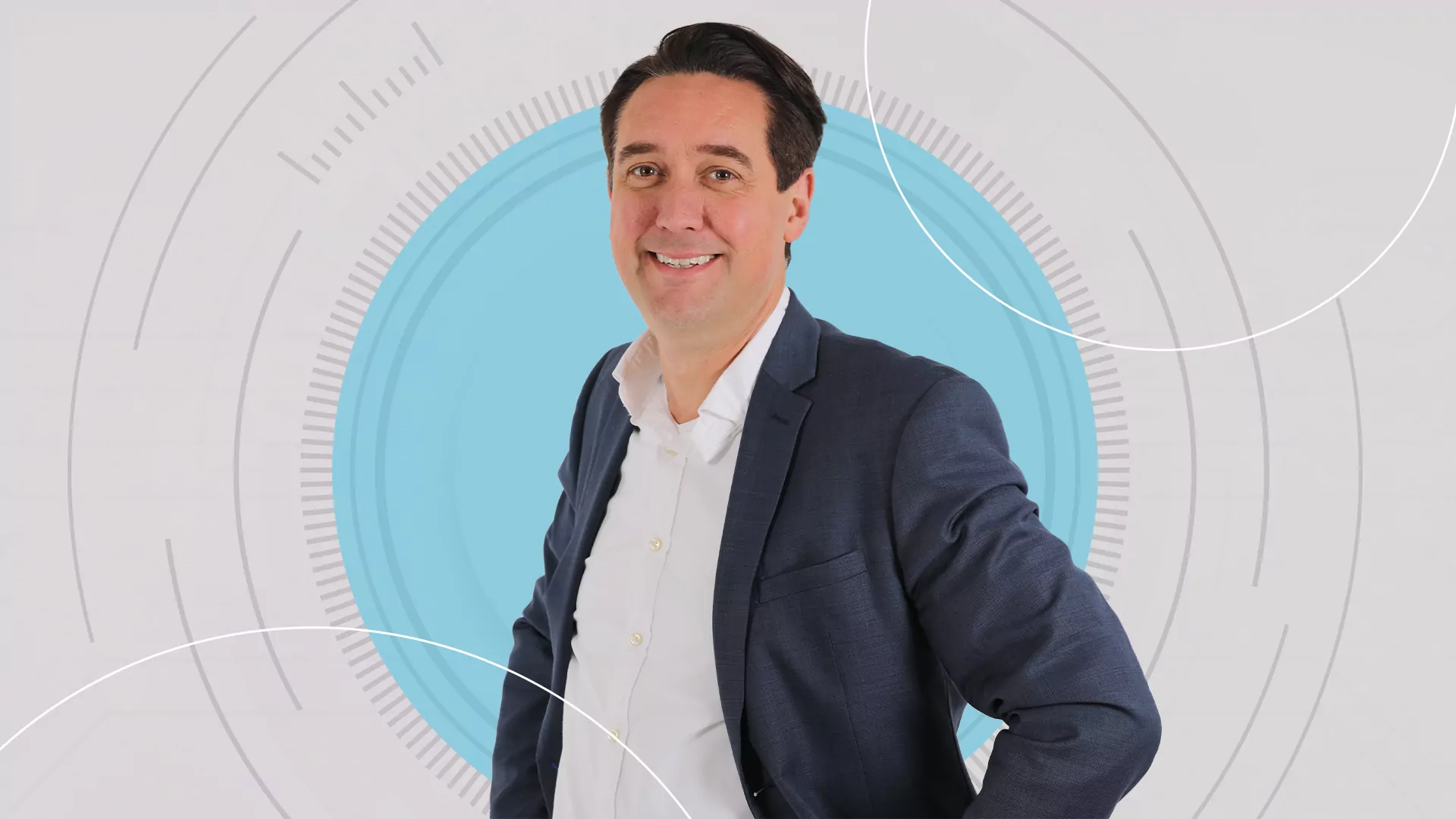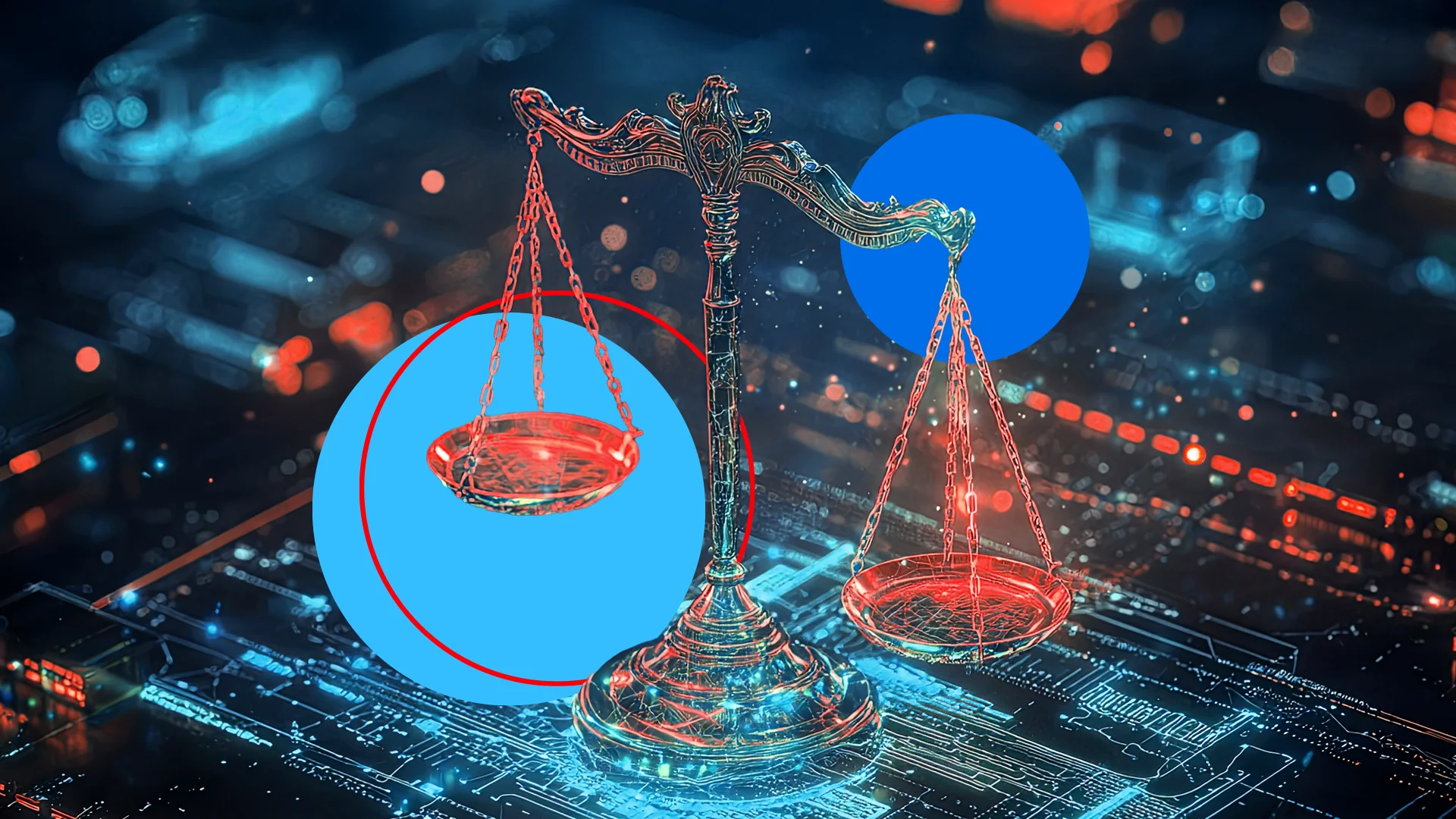In today’s digital world, government needs solid business partners to bring the technology, services, and solutions to accomplish tasks better, faster, and more efficiently. But finding outside sources with the empathy, expertise, and drive to modernize in ways that have the mission at heart can be a challenge.
When transformation efforts are successful – whether migrating to the cloud or using artificial intelligence and machine learning – it’s often because agency leaders laid the groundwork to take small, deliberate steps toward change. They enlist business partners who understand government at a deep level, take the time to listen, and care enough to work through unique challenges.
Those qualities are a big part of what drew Dominic Sale to his role as vice president of government affairs for REI Systems, a business founded on supporting innovation within government. Sale has almost 30 years of experience – including 14 years in public service with the General Services Administration and in the Office of Management and Budget. It was during his government service, Sale developed firsthand knowledge of the qualities agency leaders value in business partners.
“Being authentic, being vulnerable, being honest – REI is the embodiment of all of those things,” Sale says.
Understanding Culture
Sale has a unique background. Although born in England, he spent most of his life in the United States as a naturalized citizen. Growing up in a small, rural town in western New York, he had to overcome obstacles to find his passion and career path, considering himself a “late bloomer.”
“When I was in grade school, I didn’t even know what the term meant, but I always said I wanted to be a consultant,” he says. “I didn’t have a clear vision of what I wanted to do, except that I wanted to be in a position to have the maximum impact I could – and government was naturally a great place to have a broad impact on society, the world and the country.”
A high school class trip brought Sale to Washington, D.C. He immediately knew the nation’s capital was where he wanted to eventually be. After graduation, he attended the University of Virginia, where his natural curiosity and his mother’s partial French background led him to study French and anthropology.
Understanding culture, he says, is key to helping organizations make transformations in today’s world. An anthropology degree “gives you a unique way of empathizing and understanding different cultures,” he explains.
“It gives you this tolerance for differences, and understanding that it does take all types to get things accomplished,” he says. “Thankfully, government is a broad place with a lot of needs for a lot of different kinds of skills and capabilities. I would argue that anthropologists are uniquely suited to provide leadership in an organization without a profit motive.”
Sale spent almost eight years working at GSA in various departments, including the Technology Transformation Services, Information Integrity and Access and General Supplies and Services. Before that, he worked for six years in the Office of Management and Budget, rising to the role of chief of data, analytics, and reporting in the Executive Office of the President.
Sale left government a year and a half ago, knowing he wanted to land somewhere smaller but yet impactful. He spent a year as vice president of Dynamic Integrated Services, relishing the work there in building a transformation practice at the Department of Veterans Affairs.
But eventually, he decided to return to more familiar territory.
REI, which has received accolades as a 6x best workplace most recently awarded in 2021, seemed like a great fit. As a former client of REI while first working at OMB and later at GSA on multiple initiatives, Sale knew about the company and its culture and capabilities. He was also drawn to the leadership approach, which he describes as modest and unassuming – two characteristics he valued in industry partners when he was a public servant himself.
“I really admired then-CTO Shyam Salona, who is now the CEO, because I thought he was highly ethical,” Sale says. “Not at all bombastic – very much a quiet leader who really had an impact on the entire culture. I really appreciated that as a client. He never tried telling us what to do. He would listen first.”
Trust and Respect
Since its founding in 1989, REI has grown its understanding of government through ongoing and expanding work. The company had its start with a single NASA contract. Today, it serves over 25 federal agencies and close to 200 state, local and nonprofit customers.
When it comes to taking risks – and any innovation incurs some level of risk – it’s essential to have a partner who understands how to balance that in a way that’s helpful. Thoughtfulness is a common theme, and Sale works to stitch together networks of thought sharing within the company and to contribute to a culture that rewards the willingness to fail as part of the innovation process.
“The company was founded on helping government,” Sale says. “We’ve taken the time to build the trust slowly and carefully and meticulously.”
REI has done something Sale says he’s rarely seen other companies do, which is to take ownership of its mistakes, learn from them, and make improvements to ensure they don’t happen again.
“And that’s, to me, how you build trust in any relationship,” Sale adds. “Nobody’s perfect. Everyone gets that. No government client ever thinks that they’re going to get the perfect company who knows everything. We’re always growing together.”
Sale’s role at REI Systems involves fostering strategic partnerships as the company focuses on helping the government with its innovation journey. Thoughtfulness and respect are core values, and humor is appreciated as a way to deal with the everyday stresses and challenges, he says.
“We can’t be afraid to laugh,” he says. “We can’t take ourselves too seriously, and I think clients appreciate that as well when we bring a light heart to the work. We’re not stuffed shirts. We’re people, we have families, we talk about them. We might not be the biggest in terms of organizational size, but I feel like we’ve got the biggest heart.”
Overcoming Challenges to Innovation
During his career, Sale has experienced firsthand the different perspectives and ways of looking at the challenges to transformation. He’s worked inside government as a policy person and individual contributor and outside government as a contractor and also as a government executive.
To be a successful partner in helping agencies through transformation, it’s crucial to understand where agency leaders are coming from and the challenges they face. Sale understands agency leaders have one of the toughest jobs around trying to meet their missions.
REI is unique in that it works only with government clients, allowing its team members to develop extensive expertise in understanding the specific challenges of the system. In government, it can sometimes feel safer to continue a less efficient way of getting the work done than to take the risk of failing by trying something new.
Evolving leadership, budgetary constraints, and pressure to accomplish the mission can be roadblocks to innovation. But there are ways to overcome these challenges. Sale recommends starting small.
“Government is getting now that ‘agile’ is not just a methodology to develop software,” he says. “It’s a way of thinking about things where we don’t try to boil the ocean. We test things out, we hypothesize, we test, we fail, we retry. Keep it focused. Be incremental, be OK with that, and communicate that to your leadership.”
Over the years, Sale has noticed that agency leaders with an unwavering determination and a distinct sense of optimism often achieve success by starting with small steps and building gradually yet purposefully.
“Change is possible with a little luck and the right approach,” Sale says. “Don’t be afraid to be creative. There are a lot of perceived barriers that if you’re creative, you can find ways.”
Connect with Dominic on LinkedIn



